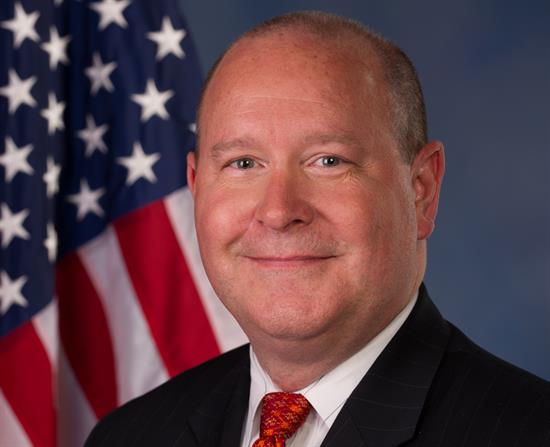In the News
$1.5 trillion tax reform bill 'is a big, big deal,' Bucshon says
Washington,
December 19, 2017
Tags:
Taxes
Compromise tax reform being voted on Tuesday by the U.S. House and Senate will be good for the country, 8th District Rep. Larry Bucshon said.
EVANSVILLE, Ind. — Compromise tax reform being voted on Tuesday by the U.S. House and Senate will be good for the country, 8th District Rep. Larry Bucshon said. Criticized by opponents as being weighted heavily toward big corporations, Bucshon said the legislation – the first of its kind in 31 years – will benefit a variety of income earners. It doubles the standard deduction and child tax credit while also cutting small business taxes, Bucshon said, adding the legislation preserves some tax deductions supported by Realtors and homebuilders. Such deductions were eliminated in earlier versions. “This is a big, big deal today,” the Newburgh Republican said shortly before voting on the bill, which is viewed as a major legislative victory for President Donald Trump. He deflected one of the most often-heard criticisms of the bill, that it will grow the national debt. “I don’t think it’s going to have a substantial impact on the national debt,” Bucshon said. “The reality is they are not factoring in the dramatic growth that’s going to happen in our economy … If we continue to have anemic economic growth, our deficits are going to be greater than if we don’t have this tax cut bill.” Overall tax relief promised by the legislation is $1.5 trillion. While Bucshon said many different income levels will benefit, the impact will vary because it does kill or cap some key deductions, such as the ability of individuals to subtract state and local taxes from a federal tax bill. Bucshon said he also doesn’t buy the criticism that the tax reform plan could lead to cuts in federal programs such as Medicare. He said it’s true that the House has “pay-go” provisions stating that if legislation doesn’t pay for itself, cuts must be found elsewhere in the federal budget. “But in reality, we waive pay-go rules all the time,” Bucshon said. “The criticism that there’s going to be cuts is not going to happen. We’re depending on growth to pay for this in the long haul.” The tax reform vote was expected to fall largely on party lines in the House and Senate. Bucshon was first elected in 2010 and is seeking a fifth two-year term in 2018. “We listened to everyone,” he said. “We want a tax code that’s more simple and fair.” |

